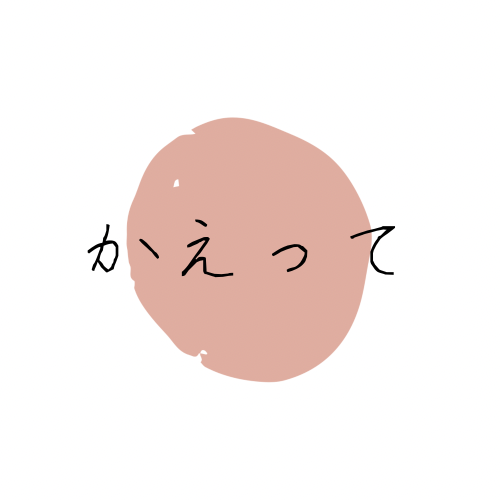
問題文:
きのうは うちに( ) 何をしましたか。
- かえる
- かえるから
- かえって
- かえったり
正解は…
3.かえって です。
The translation of the sentence in English is
“You went home yesterday, and then what did you do?”
説明 Description
One of the usages of て form of verbs is used for
putting more than two things someone does
or happened in one sentence.
例
私は 今日 仕事をして レストランに行きます。
I will work and then go to the restaurant today.
彼は 明日 テストを受けて 帰るつもりです。
He is going to take the test and then go home tomorrow.
彼女は 昨日 宿題をして 寝ました。
She did her homework and then went to bed yesterday.
語彙 Vocabulary
昨日[N] yesterday
家[N] house/home 家 is also used as the word having the same meaning.
かえる[IV] to return somewhere you belong
何[Wh-] what
する[TV] to do something しました is the masu form of する in past tense.
How to conjugate dictionary form into て form
“U verb”
verbs having “って” in te form.
例
go 行く→行って have 持つ→持って
understand わかる→わかって use 使う→使って
return 帰る→帰って ride/get on 乗る→乗って
take とる→とって run 走る→走って
do やる→やって wait 待つ→待って
verbs having “んで” in te form.
例
drink 飲む→飲んで
read 読む→読んで
play/hang out 遊ぶ→遊んで
verbs having “いて” in te form.
例
write 書く→書いて
listen/ask 聞く→聞いて
draw/pull 引く→引いて
put 置く→置いて
walk 歩く→歩いて
“RU verb”
例
eat 食べる→食べて
sleep 寝る→寝て
teach 教える→教えて
see/watch 見る→見て
stay/be いる→いて
Irregular verb(Only two)
do する→して
come 来る→来て

Leave a Reply